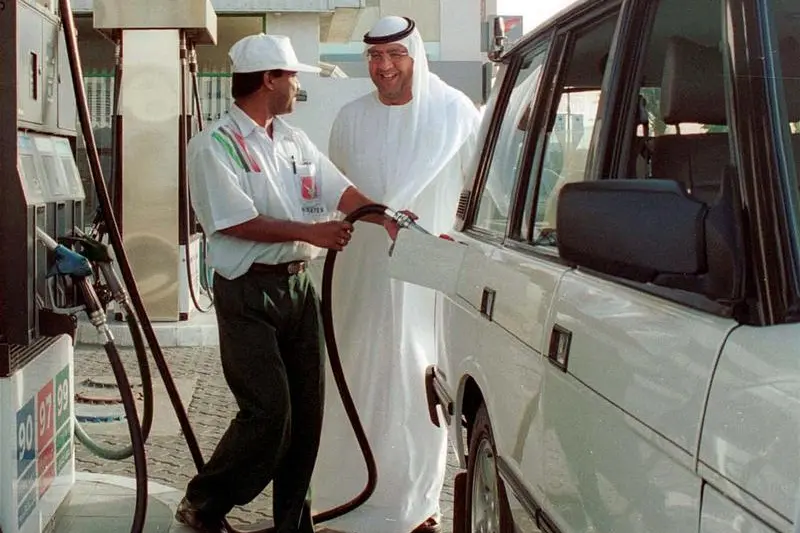PHOTO
Tuesday, Sep 27, 2016
Dubai: A new national UAE “vehicle fuel economy standard” designed to slash vehicle emissions was rolled out on Tuesday.
Led by the Emirates Authority for Standardisation and Metrology (Esma), the new draft standard will ensure fuel-efficient cars spew far less carbon pollution on UAE’s roadways and into the atmosphere.
Less greenhouse gas emissions are also in keeping with the spirit of the UAE’s September 21 signing of its Paris Agreement commitment which agrees to cut carbon emissions by 1.5 degrees Celsius to halt global warming.
Development of the new standard was given the nod at a meeting of the public-private UAE body known as the Ecological Footprint Initiative (EFI) formed in 2007 to help research and reduce the country’s footprint.
The group comprises the Ministry of Climate Change and Environment, Water and Environment Agency - Abu Dhabi, Esma, Emirates Wildlife Society-World Wildlife Fund (EWS-WWF) and the Global Footprint Network.
The new tool mirrors what is called the Corporate Average Fuel Economy (CAFE) standards in the United States and first created in 1971 to combat world petrol shortages at the time.
In a statement, officials said the new vehicle “standard will play a key role in helping the UAE achieve its emission reduction targets and support the country’s sustainability agenda in line with UAE Vision 2021”.
“When adopted by the UAE Cabinet, the proposed standard has the potential to deliver annual fuel savings to UAE households worth Dh9.5 billion, representing carbon savings equivalent to removing 4.5 million cars from the UAE’s roads by 2035.”
Dr Thani Al Zeyoudi, Minister of Climate Change and Environment and chairman of the Ecological Footprint Initiative Steering Committee, renewed UAE’s commitment to lower the country’s carbon emissions.
“Since its creation in 2007, the EFI has supported the UAE’s progress towards a low-carbon, climate-resilient future by developing innovative, science-based policies to reduce carbon emissions,” Zeyoudi said in a statement. “This collaboration on improving vehicle fuel economy adds to the EFI’s impressive track record and is a firm indication of the UAE’s commitment to stronger action on climate change, in line with the UAE’s recent ratification of the Paris Agreement.”
Razan Al Mubarak, secretary-general of the Environment Agency - Abu Dhabi and Co-Chair and Sponsor of the EFI said that the new standard “is a significant step to help make the country’s vehicle fleet more fuel-efficient, addressing one of the country’s main sources of greenhouse gas emissions and supporting the transition to a low-carbon economy”.
Abdullah Al Maeeni, director-general, Esma, said, “According to our research, consumers will recover any additional costs of buying more fuel-efficient cars within one to four years and will then benefit from significant lifetime savings, ranging from $2,400 (Dh8,815) to $3,500 per vehicle.”
Ida Tillisch, director-general of the EWS-WWF, which acts as the EFI secretariat and leads research efforts for the policy initiative, said the new measure “has the potential for major reductions in greenhouse gas emissions and is a significant step towards realising the UAE’s commitment to limit our contribution to climate change. At the same time, it decreases consumption and yields significant savings for consumers”.
By Derek Baldwin Chief Reporter
Gulf News 2016. All rights reserved.





















